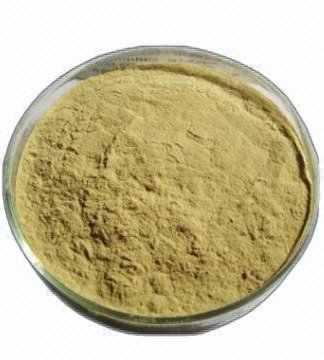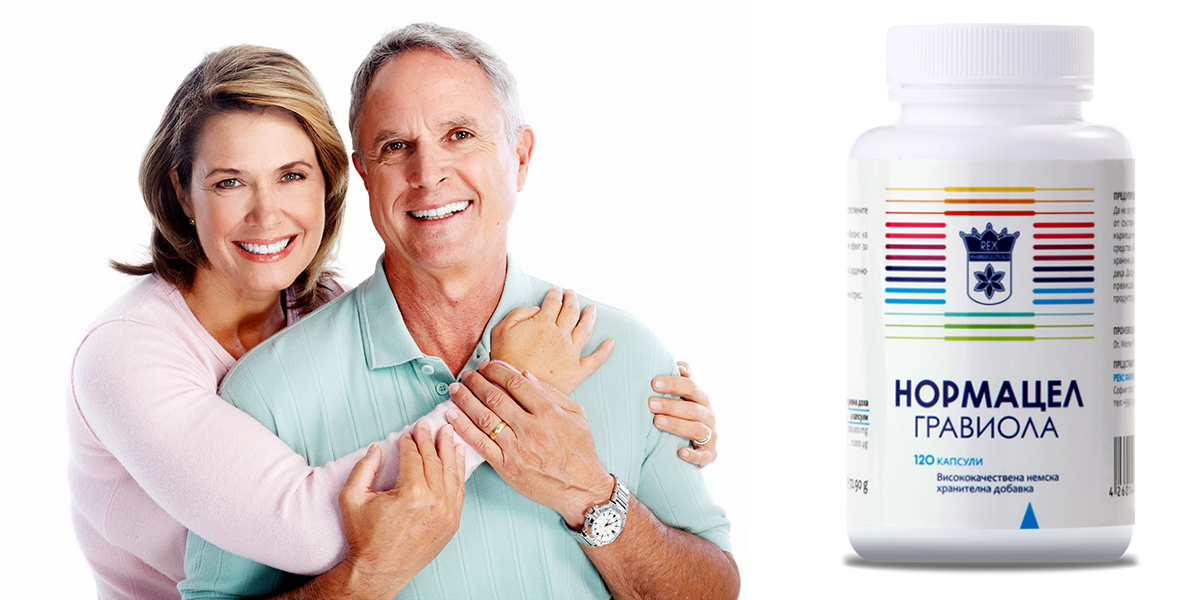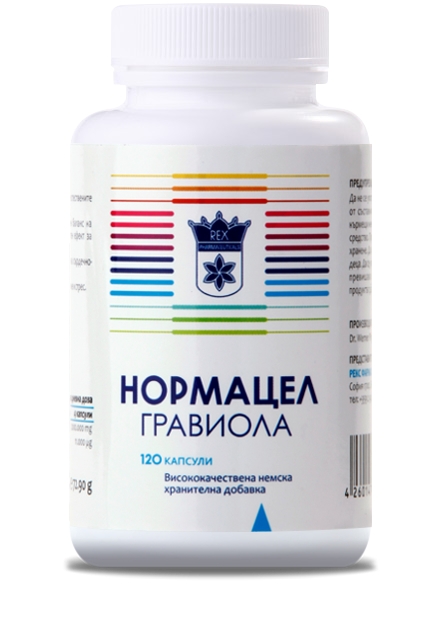The recommended daily dose contains:
- Graviola 2000,000 mg
- Selenium (from selenium yeast) 0.012 mg
Graviola
Scientists have been studying the properties of graviola since the 1940s. In a plant screening program conducted in 1976 by the US National Cancer Institute, the leaves and stem of graviola showed active toxicity against cancer cells, leading researchers to continue in this direction.
Many active compounds and chemicals have been found in graviola, but most research has focused on a new set of chemicals called anionic acetogenins. Graviola produces these natural compounds in its leaves and stem, bark and seeds. Annon acetogenins are found only in the Annonaceae family to which graviola belongs. These anion acetogenins have antitumor, antiparasitic, insecticidal, and antimicrobial properties. Research by three independent laboratories found that these acetogenins are powerful inhibitors of enzymatic processes that are only observed in the membranes of tumor cancer cells. These three separate research teams confirmed that anon acetogenins have significant antitumor properties and selective toxicity against various types of cancer cells (without harming healthy cells), publishing a total of eight clinical trials of their findings. Many of the acetogenins demonstrate selective toxicity to tumor cells even at very low doses.
|
Selenium (from selenium yeast)
Selenium is one of the most important trace elements necessary for our body. It is a co-factor in a number of enzymes that protect cells from the toxic action of peroxide radicals. This determines its antioxidant effect. In recent years, selenium deficiency has been considered as a possible etiological factor in some cardiovascular diseases, which is caused by the destruction of cell membranes by free radicals in selenium deficiency. It reduces the risk of cancer. It facilitates the removal of heavy metals from the body, including cadmium and arsenic, so it is necessary for smokers and residents of large cities. It slows down the aging of tissues, including the skin, making it smooth and tight. It is also important for eye health. In menopausal women, it relieves attacks of hot and cold flashes. When used simultaneously with vitamin E and provitamin A (beta carotene), they mutually enhance their effect.
|




There are no reviews yet.